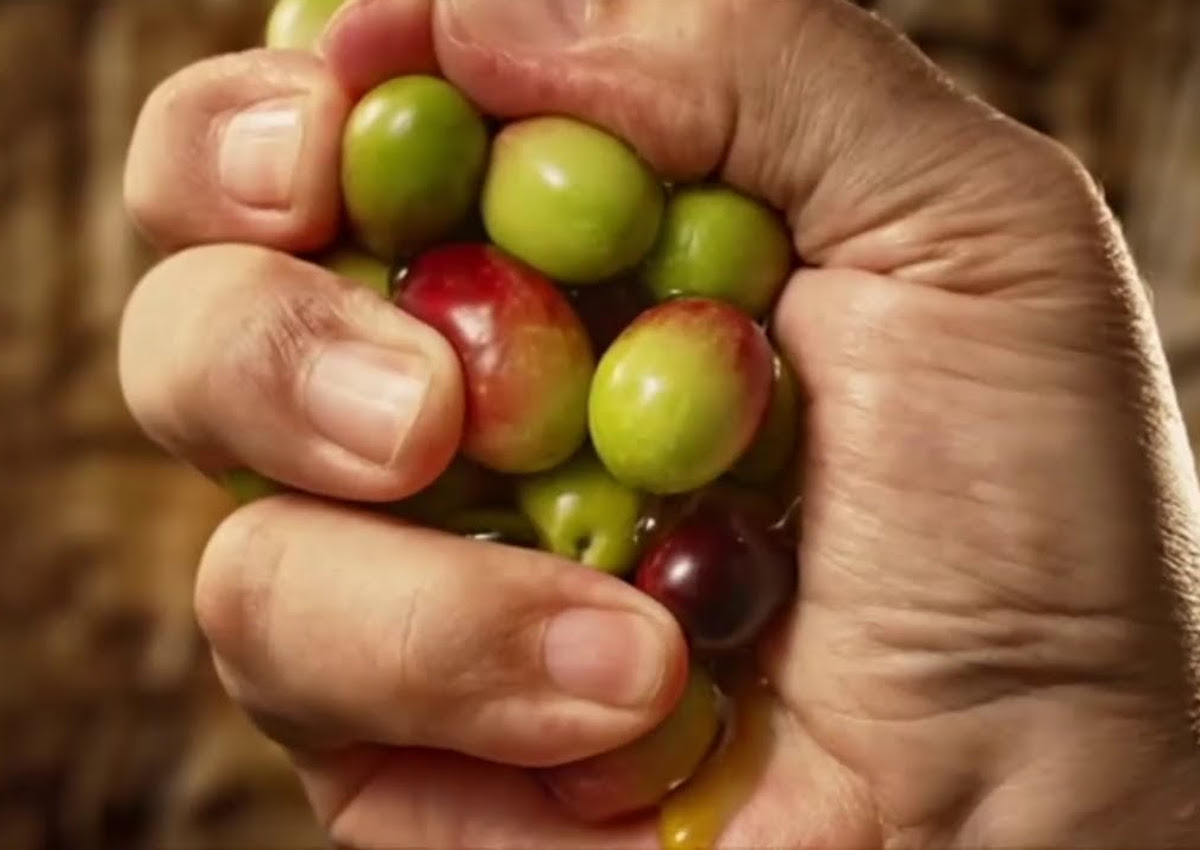
The Japanese olive oil market has confirmed itself as an area of growing interest for Italy’s agri-food exports. Over the past five years, total business volume has seen a notable rise—from ¥49 billion at the end of 2019 to nearly ¥60 billion in 2024. Although rising raw material costs have partially offset declining volumes, the figures underscore the solid penetration of this cornerstone of the Mediterranean diet in Japan.
“In the current climate—heavily affected by uncertainties such as the tariffs introduced by the Trump administration and their unpredictable repercussions—I believe it is the duty of businesses to seek alternative international markets,” said Zefferino Monini, President and CEO of Monini. “Given recent trends, its still partly untapped potential, and consumers’ strong attention to product quality, Japan is certainly a market of increasing importance.”
JAPAN: A PROMISING BUT COMPLEX MARKET
Japan has become a strategic market for olive oil, now a mainstream commodity available from large retailers to convenience stores. However, the economic environment remains challenging: rising input costs, an unprecedented depreciation of the yen, and inflation have eroded the middle class’s purchasing power, slowing consumption.
Italian producers, who typically process higher-cost raw materials, have suffered more than Spanish and non-European competitors. As a result, high-end segments such as 100% Italian, JAS-certified organic, PDO/PGI regional oils, and monocultivar lines have contracted.
MONINI’S SUCCESS: QUALITY MEETS ADAPTATION
Despite these headwinds, Monini, a pioneer in the Japanese market since 1985, has posted double-digit growth in both volume and value. The Italian company attributes this success to building a premium brand perception and adapting swiftly to local preferences.
Monini’s squeezable “Classico” format has become the flagship product, favored by Japanese consumers for its practical packaging. The brand’s agility—introducing smaller sizes (250 ml instead of 500 ml or 1 liter) and emphasizing mainstream offerings—has been central to its resilience.
“Our short-term goal,” Monini reaffirmed, “is to stabilize our presence across all major retail chains to prevent out-of-stock risks caused by local logistics issues. Moreover, we aim to win back those consumers who have switched to cheaper alternatives by reinstating adequate promotional support in collaboration with retailers.”
BUILDING REPUTATION THROUGH ENGAGEMENT AND SUSTAINABILITY
Monini continues to strengthen its brand reputation through a wide range of marketing and promotional initiatives. These include tasting events at premium outlets, participation in major trade shows such as the Supermarket Trade Show and Foodex Japan, and collaborations with influencers and sports sponsorships—including the World Athletics Championships in Tokyo and Sir Safety Perugia’s partnership with Yuki Ishikawa.
The company’s commitment to sustainability and integrated supply chains has also been recognized with gold medals at Olive Japan 2024 and 2025 for its Monocultivar and Gran Fruttato lines—further proof that Italian excellence continues to find a receptive market in Japan.
